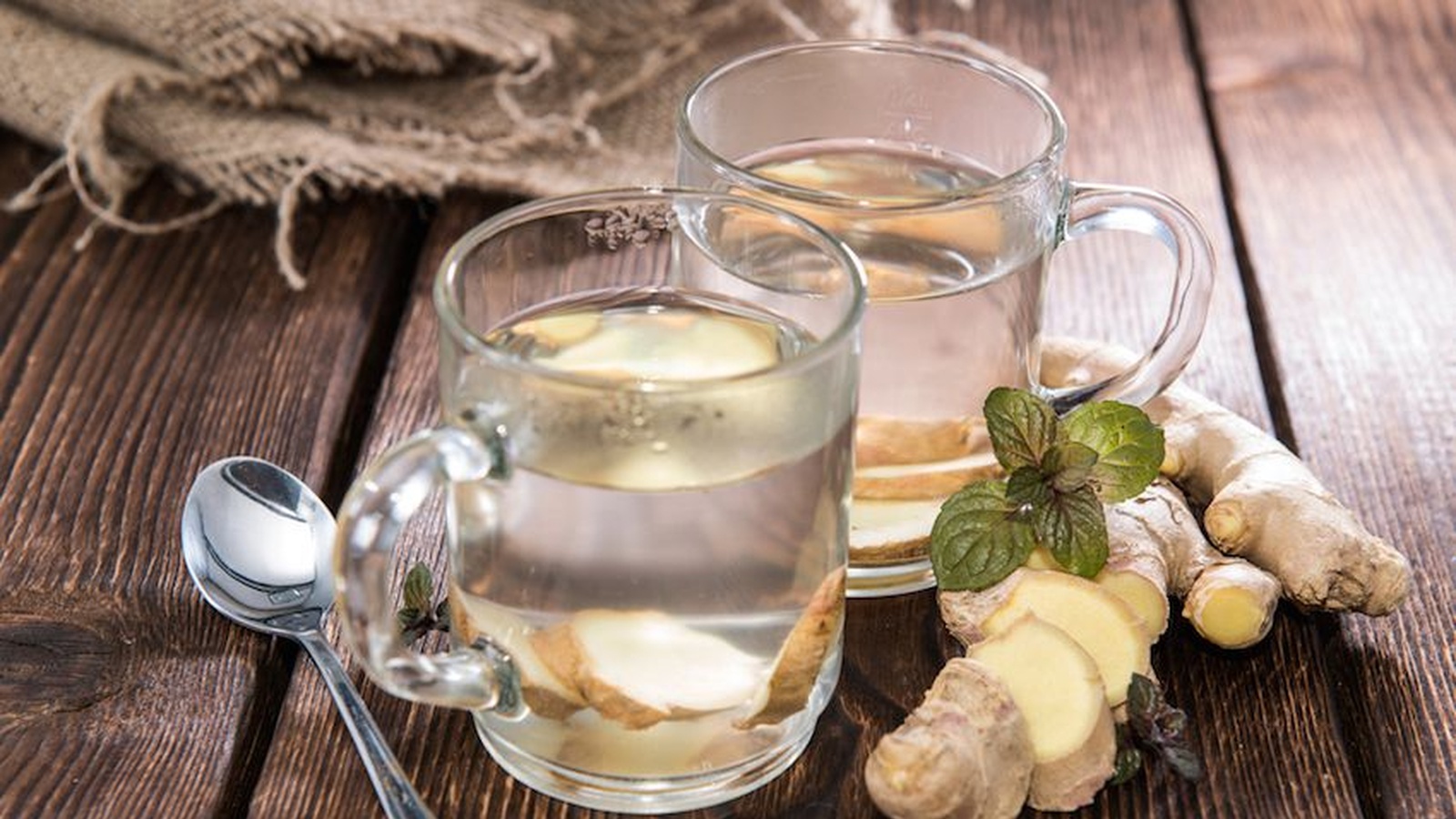How To Improve Digestion And The Health Of Your Gut
The last few years seem like the gut has been the focus of health. From books to research, the explosion of information about the gut, digestion and its impact on overall health continues. Whether you suffer from reflux, colitis or bloating, your digestive system is the key to your overall health.
While older systems of medicine had long recognized this concept, here are the keys to mastering your digestion.
Food Choices
The food we eat impacts the digestive process. Research continues to show that foods high in refined sugars, trans fats and additives affect digestion. Eating convenience foods or restaurant foods high in salt can also cause irritating digestive symptoms, including bloating and abdominal pain.
In our current hectic lifestyles, many of us have a tendency to grab food on the go without thinking that even the healthiest choices may have hidden salt or sugar. Meal planning and cooking are essential skills in solving digestive issues since they prevent the poor decision making that often comes with hunger and allow better control of a number of digestive disruptors; sugar, salt and trans fats, in your daily diet.
Take a critical look at any diet you are following. Whether you are gluten-free, paleo, vegan or vegetarian, look for the hidden digestive disruptors in your diet that may be contributing to your digestive distress.
Malabsorption
Once you have made the right food choices, making sure that food is getting broken down effectively is the next step. Even the healthiest food has to be broken down and absorbed by the right combination of digestive enzymes and hydrochloric acid. Consider beating indigestion by adding digestive enzymes either naturally, with foods like papaya and pineapple or taking a digestive enzyme supplement.
Adding apple cider vinegar to your daily diet also improves malabsorption, shifting the pH of the stomach and small intestine to help break food down better and influencing the gut microbiome.
Gut Bacteria - The Microbiome
The microbiome has gotten a lot of attention. The root of inflammation, now a medical buzz word, is being traced back to the gut microbiome or the balance of bacteria in the gut. Part of this bacterial mix is determined by our food choices, the influence of our genes and environment. Every food has unique bacteria, emphasizing the need to continually rotate our foods and eat foods that are free of pesticides, chemicals, and hormones.
While balancing the gut microbiome is challenging, there are foods that help to influence diversity in the gut microbiome. Adding in bone broth, kefir, and kombucha are foods that help to influence the bacteria in your belly, ultimately influencing inflammation, metabolic rate and
Home Remedies
Finally, if you are needing a quick fix for stubborn indigestion, try sipping on a few cups of ginger tea through the day. Boil fresh ginger root in water for 10 minutes and add in a teaspoon of honey for a quick digestive aid. Ginger is an anti-spasmodic, relaxing the digestive system, improving cramps and abdominal pain. Castor oil packs, easy to make at home are a quick way to relieve abdominal pain. Douse a washcloth in castor oil, apply it over a dry towel on the stomach, add a heating pad and watch your abdominal cramps and indigestion diminish.
Aim for good gut health this year and don't ignore your digestive symptoms. They are the key to your overall health.









